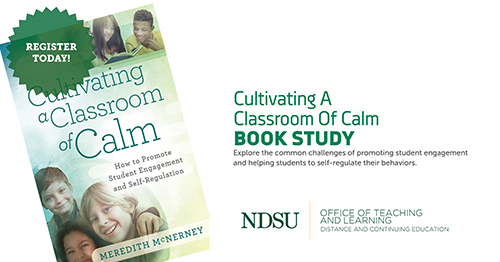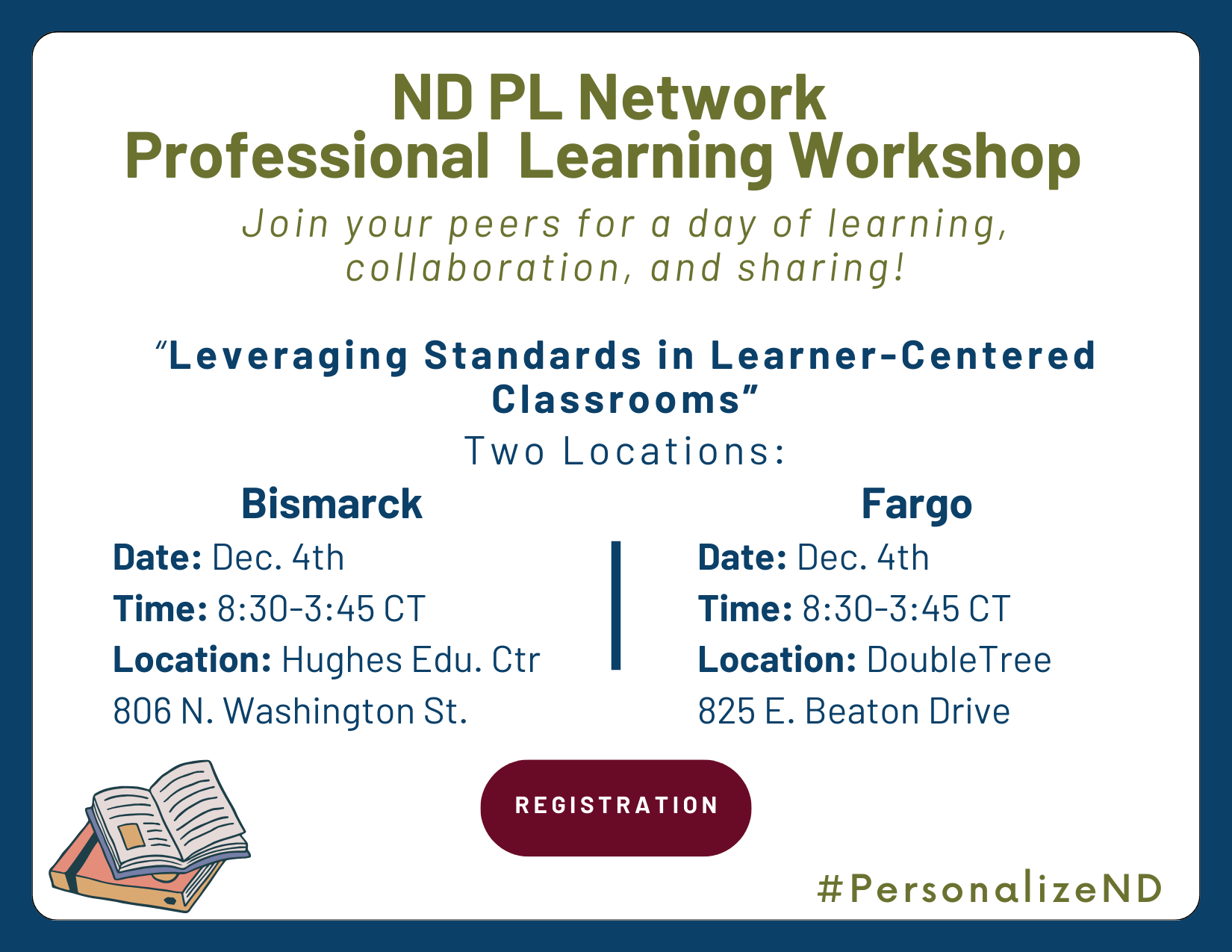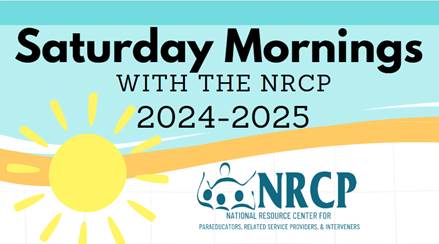Cultivate A Sense Of Calm Book Study
Explore common challenges of promoting student engagement and helping students to self-regulate their behaviors. The event will be held online using a discussion board, where participants can comment as they wish. There will also be one optional live meeting to discuss the book. This book study is FREE to attend. There is an optional 1…





